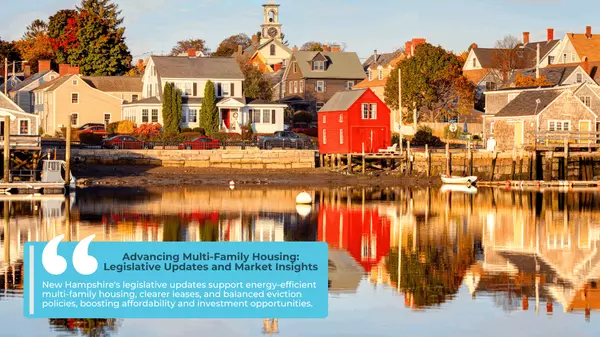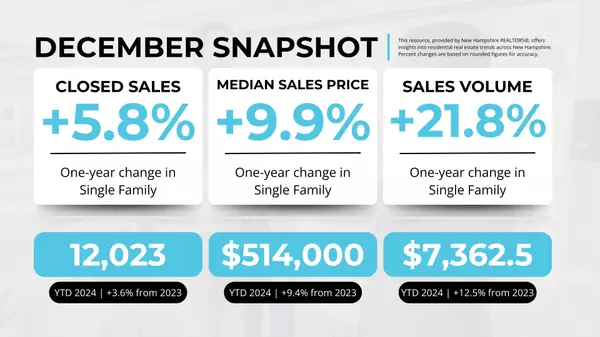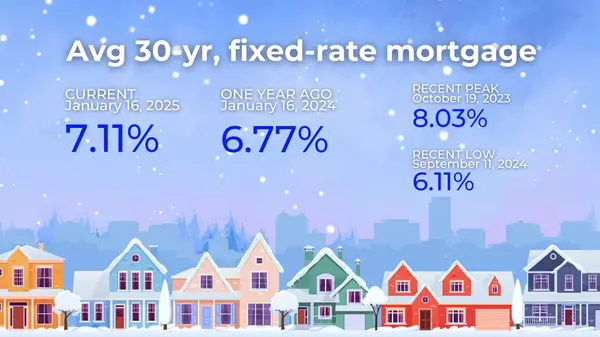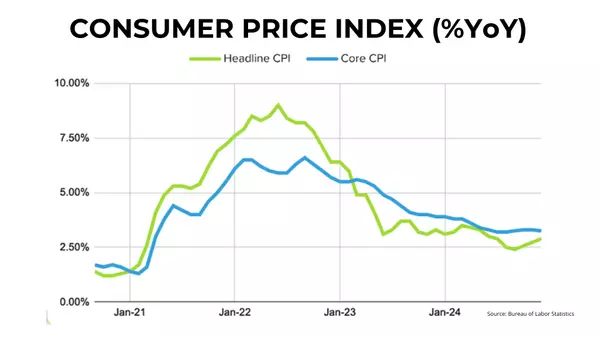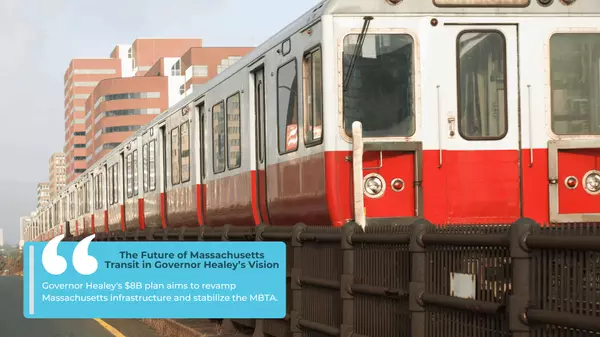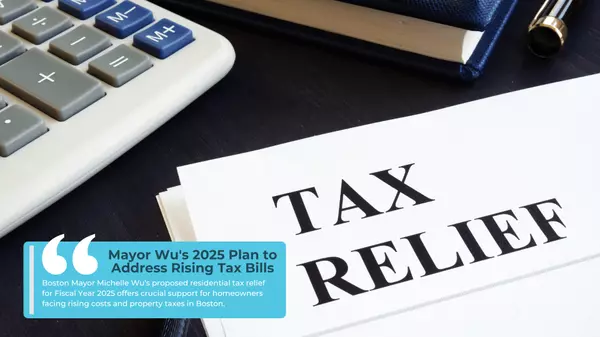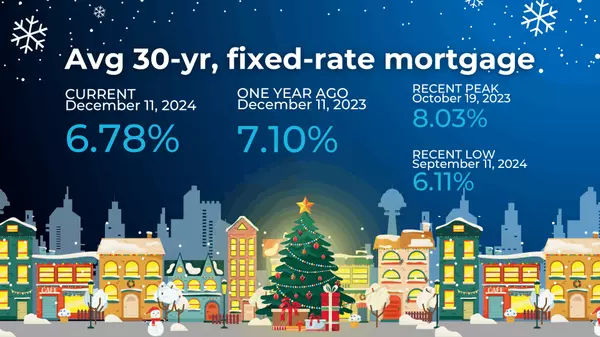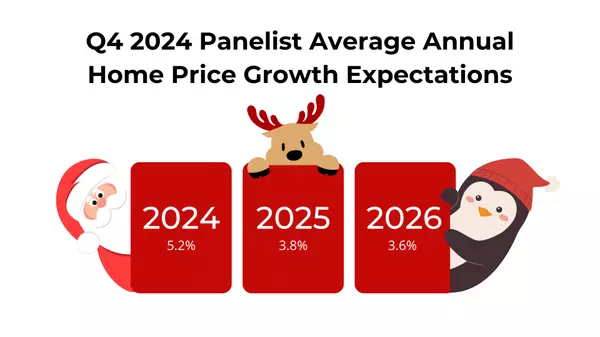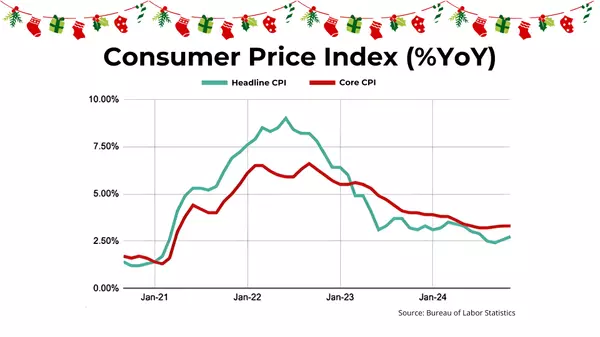VIDEOS
Check out our video resources to learn more about the buying and selling process

Boston Rent Control Proposal for 2023
Introduction: Today, we will be discussing the Boston Run Control, including the details of Mayor Wu's proposal that is currently being reviewed by the Boston City Council. Overview: Boston Rent Control, also known as the rent stabilization plan proposed by Mayor Wu, aims to limit annual rent increa

Upcoming Rent Control Proposal In Boston
In a recent interview with WBUR Boston Mayor Michelle Wu is preparing her rent control proposal to be submitted in early 2023. During this interview Mayor Wu highlighted that her two primary focuses are Housing and Transportation, which she believes need to be solved at the city, state, and federal
Categories
Recent Posts
